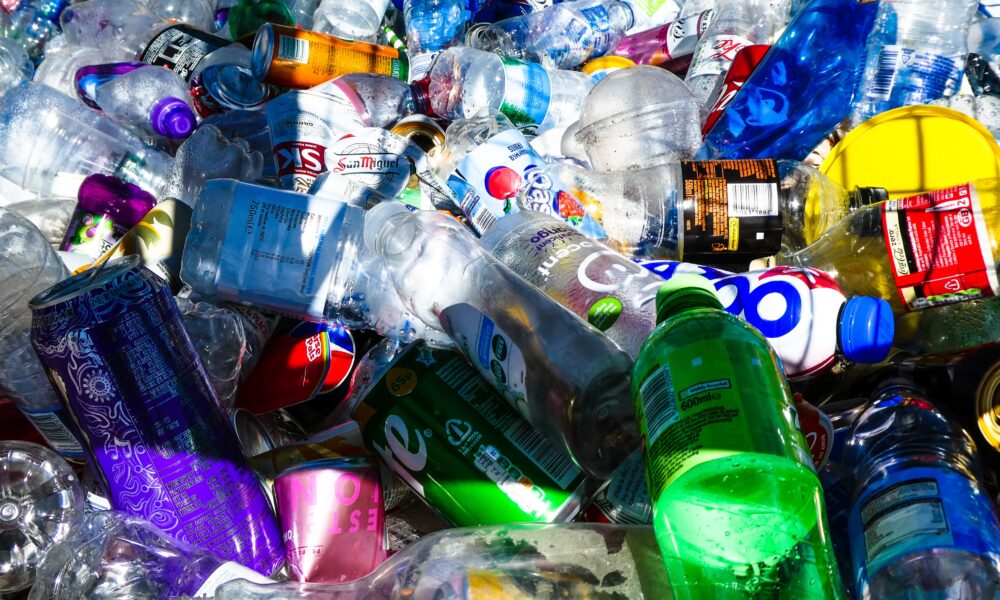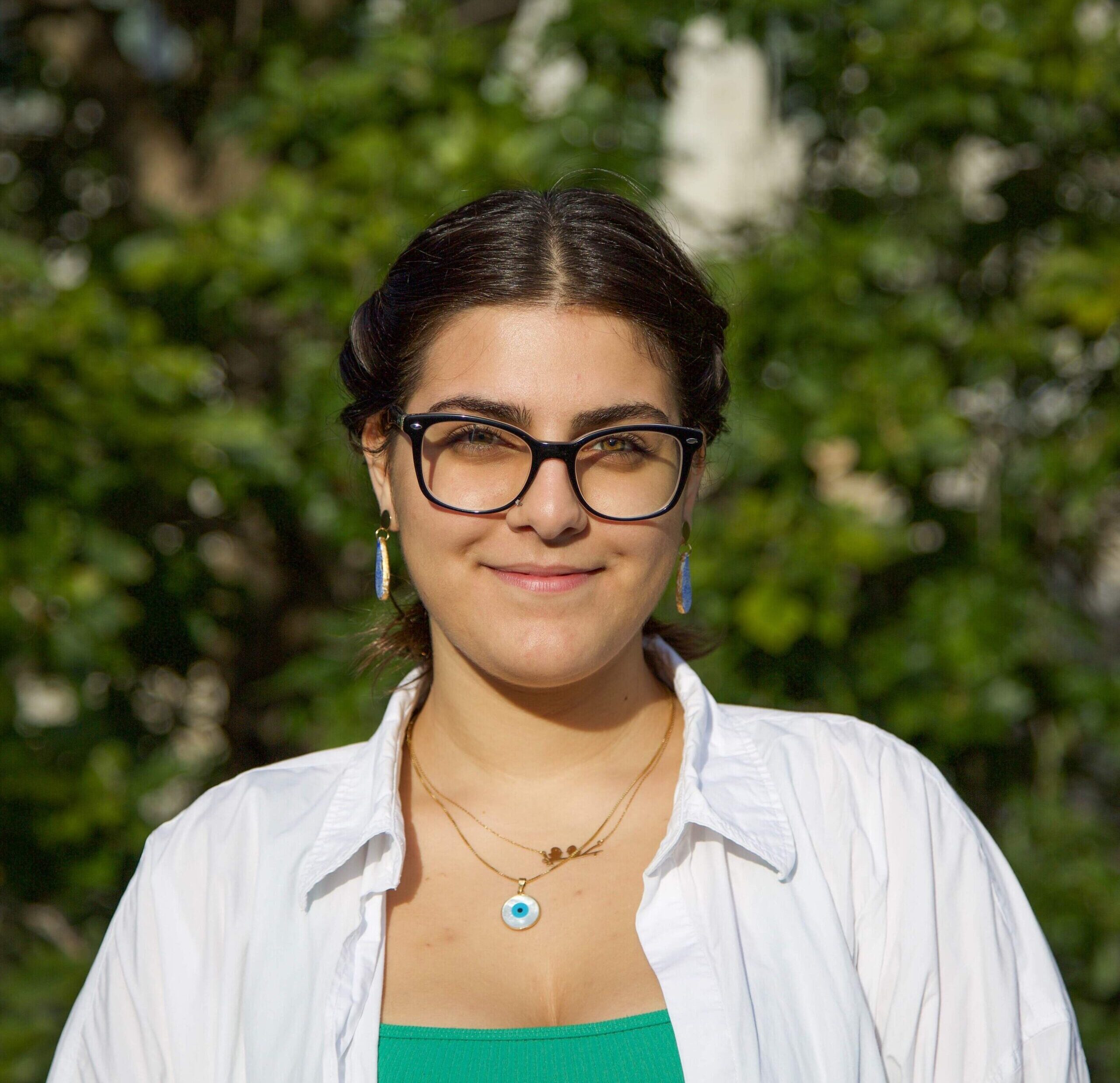At Bar des Arts (BdA), students are encouraged to bring their own reusable cups or buy old Frosh ones to avoid single-use plastic. But BdA manager Sam Baron estimates that the student bar goes through approximately 50 plastic cups every Thursday.
As of March 28, however, a Montreal municipal by-law has banned the distribution of all single-use plastic items across the food industry. With only one more day of operation left in the school year, BdA is still working out the details of its transition away from plastic, a struggle shared by many campus businesses.
The City of Montreal passed the by-law in August 2021 as part of the city’s efforts to make Montreal a zero-waste city by 2030. Since December 2022, manufacturing and importing “harmful single-use plastics” has been banned by federal legislation, and the sale of these items will be prohibited as of December 2023. While Montreal’s ban was announced 18 months ago, many campus businesses have yet to part ways with their plastic consumption.
“It’s all up in the air right now,” Baron told The McGill Tribune. “As great as it sounds, in theory, there’s not been much guidance from the province on how to actually implement it on the ground.”
Baron says the bar intends to clear out its supply of plastic cups before locking up shop on April 6, after which the upcoming management team will spend the summer sketching an alternative plan.
To ease the transition for businesses, the City of Montreal has developed a webpage to list restrictions and guide food vendors towards alternative suppliers. Rabih Rouhana, manager of Café Castel, located steps away from Desautels Faculty of Management, believes the guidelines are not clear enough and says the café did not have enough time to adapt.
“The customers don’t like the new recycling things, they like the plastic more,” Rouhana said in an interview with the Tribune. “Now we’re in the process of changing, [but] we didn’t get [much time]. We have found several suppliers but we’re discussing the prices and everything.”
Kyun Ko manages the Korean eatery Opiano, located inside Le Cartier building on Peel Street. He is also dissatisfied with the lack of notice and guidance from the city.
“Honestly, it would have been much better if we had received [a notice] through mail or something like that so we would have been able to prepare,” Ko told the Tribune. “Mostly we had to […] hear through other people that plastic will be banned.”
While BdA does not foresee any price hikes caused by the plastic ban, both Opiano and Café Castel will likely increase their prices in the near future. Rouhana says the markups might be around two to three per cent, increasing Café Castel’s current $5.07 latte to $5.22 before taxes.
“[No price changes] for now just to make the clients get used to everything, but in the future? Of course, it’s going to affect our prices,” Rouhana said.
The city has promised to be lenient as merchants exhaust their old stock of plastic items. Though a first visit for violating the by-law will result in only a warning, borough inspectors—who have been tasked with enforcing the ban—can penalize both businesses and individuals alike for failing to adhere to the ban, with fines ranging from $300 to $4,000, depending on one’s record of offences.
While client cooperation has been fairly high, with the majority bringing their own cups to BdA, Baron is frustrated with those who still resist or fail to partake in eco-friendly practices.
“Every single time this happens, I’m really at a loss. I just don’t know why people can’t bring their own mugs,” Baron said. “I think that our best move personally is you either come with a cup, or you don’t get a cup. Or you buy one of the reusable ones, which is more expensive [….] Even if it is paternalistic and it forces people [into] sustainability, I kind of don’t mind.”
Image source: https://www.ecolife.zone/reducing-single-use-plastics/










